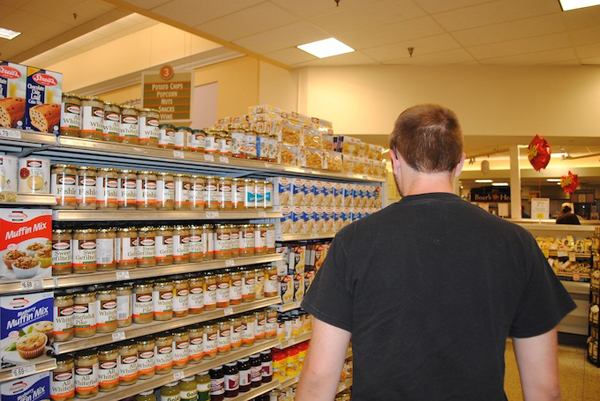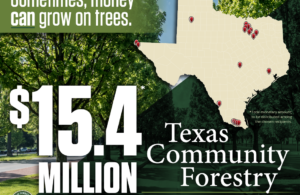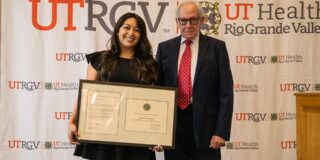- La Feria Native Soon To Retire From The Military This Summer
- Senior Eneece Avila Takes Pride in her State Title
- Dr. Noemi Infante, Harlingen Medical Center Open New Women’s Clinic
- Santa Rosa Cameron County Park Partially Reopens
- Santa Rosa Takes to Regionals Meet in Kingsville, Tx
- Long-Standing Nexstar Tower in La Feria Decommissioned
- Lionettes Powerlifting Meet
- Local Business Holds Event to Benefit RGV Shriners Club
- Knights of Columbus Holds it’s 30th Annual Golf Tournament
- KGBT Tower Dismantled
Report: Texas One of 10 Most “Food Insecure” States
- Updated: May 17, 2019

A new report shows that many Americans who frequently don’t know how they’ll pay for their next meal earn too much to qualify for federal food assistance. Photo: PxHere
by Eric Galatas
AUSTIN, Texas – A new Feeding America report shows that in every county and congressional district in the U.S., a subset of the population can’t afford to buy food on a consistent basis.
In some states, one in four children is at risk of missing a meal, and eight of the top 10 states with the highest percentage of child food insecurity are in the South, including Texas.
Celia Cole, CEO of the group Feeding Texas, says the report shows that too many residents, and children in particular, frequently don’t know where their next meal is coming from.
“But I think what is probably most shocking is that there is such a high level of food insecurity in a nation as wealthy as America and particularly in a state that is as blessed in agricultural abundance as Texas,” she states.
The overall food insecurity rate in the Lone Star State is 15%, but for children the rate is just over 22%, which means more than one in five Texas children lives in struggling families.
Cole says many households have to choose between paying for child care or medical bills, and buying enough food for all family members to live active, healthy lives.
She says a significant number of people facing hunger earn too much to qualify for federal food assistance and rely on food pantries to get by.
The report also estimates the current food budget shortfall – the amount of money people need to buy food but don’t have – is more $20 billion annually.
Adam Dewey, Feeding America’s research director, says data collected from some 3,000 counties and congressional districts suggest that some regions are at greater risk than others.
“And what we find is that three out of four of those counties that rank in the top 10% across the entire country are considered rural,” he states. “So, those communities that have the highest rates of food insecurity are disproportionately rural.”
Dewey says when children don’t have consistent access to food, studies show they’re more likely to be admitted to the hospital and to develop asthma, anemia, hypertension and other health problems.
The report’s recommendations include calling for Congress to reauthorize child nutrition programs later this year, and strengthening the SNAP or food stamp program.
Dewey also encourages people to donate food and time at their local food bank.






